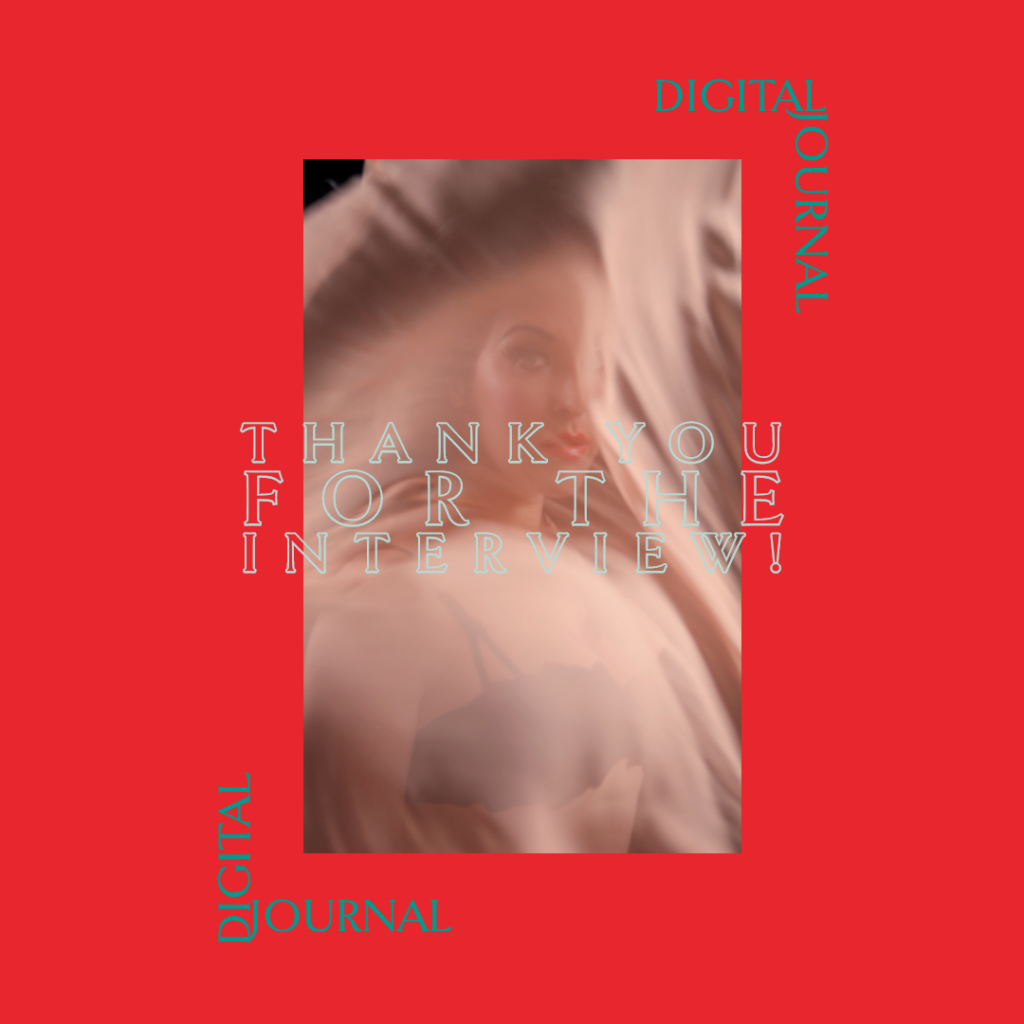LIVE ARTICLE HERE
By Markos Papadatos
+++
Savarre talks ‘Unbeautiful,’ new EP, inspirations and dream duets
Regarding the idea of “Unbeautiful,” Evans said, “It’s a term I said to my mother when I was eight. Even at that age, I was aware that she was beautiful, and in having a dark birthmark covering my right cheek and being bullied constantly, that I wasn’t, or at least not to a socially acceptable level. I came home from school one day and told her, ‘I’m sorry I’m unbeautiful.’ My mother cried and sat me down, explaining, ‘Beauty is as beauty does.’ I’ve never forgotten that, and if I’m honest, I think she was right. I too believe what is inside of us informs what we transmit and create outside of us.”
“For medical reasons, my birthmark is being slowly removed and it has been a difficult transition,” she said. “I feel, at least for me, that you wear what makes you different as though it were a badge—the mark or emblem of a warrior. That’s what my birthmark had become to me and it was psychologically and emotionally challenging to let it go. The single ‘Unbeautiful’ is about that journey: from childhood to adulthood, going from being ‘marked’ to unmarked, moving from what others considered unbeautiful into a new place where beauty is being redefined and repurposed.”
On the song selection approach for the new EP, she said, “I’ve always been a seeker, but on some fronts, I’m a bit of a late bloomer. I’d say my personal development has really stepped up in the last five years, and when you dig deep, you’ll find wonderful aspects— as well as some things that go bump in the night. This EP, ‘Blood,’ is comprised of all my wrung-out colors, all the things I discovered along the way, and what, essentially, I’m made of—my ‘blood’.”
“I wrote several pieces that didn’t make the EP or were shelved because they weren’t specifically about the ‘blood’ spilled and examined during that discovery process. Everything on the EP, in terms of selection, had to tie to a defining or affirming revelation that surfaced throughout that personal journey,” she added.
On her songwriting inspirations, she said, “I believe inspiration finds you when you’re ready, or when an idea wants to manifest. Our unconscious minds are fertile grounds and even if we don’t remember, our subconscious, our bodies, our cells recall all that we’ve seen and experienced.”
Evans continued, “At times, I wonder if songs that come to me are simply things already inside that need to leak out, like water pushing through a crack in a dam. I’ve written songs and not been completely sure of their meaning until much later when I had a dream, realization or conversation in which the connection became clear. The deal I’ve made with myself is ‘whatever/wherever.’ I write it down no matter where I am, and never judge or edit what’s coming out while I’m writing. Later, of course, I’ll edit the crap out of it. But, the ‘download’, if you will, has to be pure.”
Regarding the origin of the stage name, Savarre, Evans said, “Savarre is less a stage name and more a way to identify the entity created when bringing a group of souls together to create a body of work. Through varying sources, ‘Savarre’ is a word that speaks to the dark and the light within us all. We’re built to radiate a spectrum of colors and shades— and as an artist, honoring the dark and the light, equally, is crucial.”
On being an artist in the digital age, she said, “The alchemical nature of music, as a medium, works fantastically well with the digital platform. Then there’s accessibility, which is unsurpassed, and that’s a blessing; however, there are aspects of the digital age that fail to foster a tangible connection between the artist and those who choose to participate in the artist’s work.”
She elaborated, “The digitization process, by its very nature, requires a curated approach, which can strip away the rawness found in an analog (for lack of a better term) approach. I can only speak to my own preference, and to that end, I’m honored when someone chooses to spend their time with me, or a body of work I created. I do long for more of a connection and don’t view music as a ‘listening’ experience but rather, as an emotionally immersive,‘liquid, experience. And in that, I want to be there for whoever has chosen to participate in my work to that level, which is difficult in a digital environment.”
On her dream duet choices, she responded, “I adore Stevie Nicks and man, oh, man would I love to sing with her. The other would be Anna Calvi—she’s a force.”
For young and aspiring musicians, she said, “Follow your gut. Communicate your vision and your needs clearly. Never, ever (if you can help it), work with anyone who shames you or puts you down. I’m a firm believer in ‘sandbox theory,’ everyone gets in the sand, all ideas are safe, no one says ‘no’ and everyone agrees to surrender to the joy of creating. The creative process should always be about the work; the work will tell you what it needs.”
She concluded about “Unbeautiful” and the new EP, “I’m a misfit and I always have been. I use the hashtag #misfitsbystorm on my social media channels as a way to unify anyone who feels they’re an outlier, or that they don’t have a tribe. Even if you feel you’re totally alone, I’m here. I realize this sounds incredibly corny, but it’s how I feel. And most importantly, it’s why I write music and the only reason I sing. I sing for the misfits—a battle cry for us all to come together and howl at the moon. The world needs misfits, now more than ever. ‘Unbeautiful’ and the entire EP, truly—is a celebration of that fact.”
